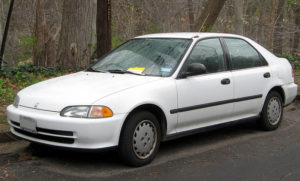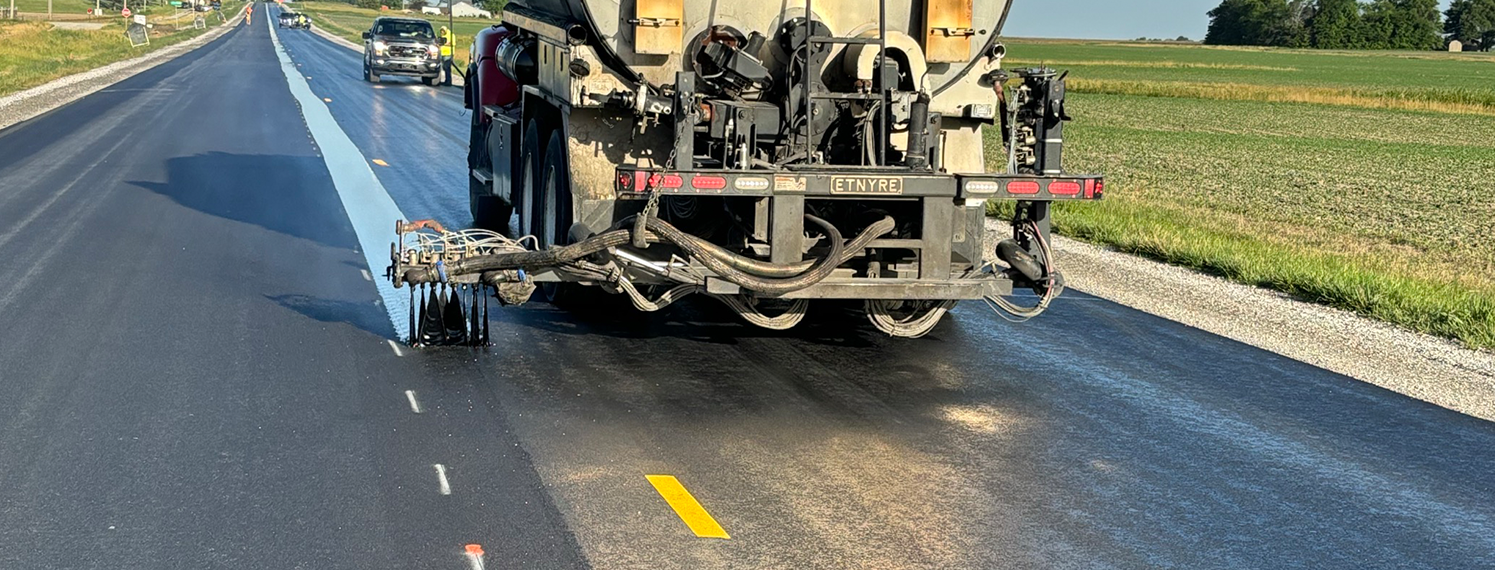It’s 2002 and you’ve just graduated from college.
You have a job lined up and you’re getting ready to move into your first apartment. You’re a little nervous but mostly excited to take this step. But before you can get started on your first job, you need to buy a car.
You didn’t need one as a student- you lived in the dorms, everything was within walking distance, and you couldn’t afford the university’s overpriced parking pass anyway.
So you start looking around for a used car. You find a decent five-year-old Honda with a clean bill of health. It only has 70,000 miles on it and the asking price is $7,000. A bit intimidated by the price tag, you keep looking for a better deal. The second car you find is an old junker with 250,000 miles on it. It’s a bit rough, and it’s certainly nothing to look at, but it is awfully cheap. For just a few hundred bucks it could be yours.
Here are your options:
After some deliberation, you buy the cheaper car. It’s so cheap it’s impossible to say no! But within the first few weeks, the brakes start making screeching noises. The noise quickly escalates from mildly annoying to ear-splitting, so you take it to a mechanic. He tells you the brakes probably needed to be replaced a few thousand miles ago. You grumble at spending more money, but you have to have brakes. You bite the bullet, pay the mechanic, and go on your way.
As time goes on you notice more and more things going wrong. The cheaper car is less fuel efficient so you pay more at the pump. It’s unpleasantly noisy. The tires are bald and need to be replaced before the end of the year. A belt snaps while you’re driving to work one day, making you late and requiring even more maintenance. The suspension is so stiff that you feel every tiny crack and bump in the road. The AC only works occasionally, and you’re torn between suffering through the summer heat and paying to have it fixed.
Over the next few years, you spend thousands of dollars keeping this old car limping along. And in the end, you can’t even resell it because it’s basically worthless.
You kick yourself for not buying that Honda when you had the chance.
Owning a car is not a one-time expense. You have to pay for gas, oil changes, tire replacements, realignments, tire rotations- and that’s just normal maintenance! With an older, lower-quality vehicle you wind up paying even more as various parts fail and need to be replaced. In short, 2002-recent-college-grad you made an all too common mistake: you didn’t think about lifetime cost.
If you had sat down and listed out all the costs of owning the Honda vs. owning the junker over time, you would have been able to tell pretty quickly that the Honda was the best choice. But the lower buy-in cost of the cheaper car distracted you from thinking about that.
The key is knowing when to skimp and when to spend.
Sometimes it pays to cut corners, but sometimes buying a product that is cheaper initially ends up costing you more in the long run. Especially on products where you need high performance or long life- like a car you’re going to drive every single day, or a pavement you build to last longer than 10 years- it pays to choose high-quality materials. Otherwise, you end up paying more in the long run.
Like a well-made car, a pavement constructed with quality materials will demand less repair work over the course of its life. You’ll have to close it less for maintenance, which is less hassle for everyone in your community. You can go longer between milling and filling. The hassle, the cost, the stress of dealing with crumbling roads is lessened because the road simply holds up longer. Even if the startup cost is a little higher, the money saved and stress avoided makes it well worth it.
Sometimes going with the cheaper option can really cost you.




